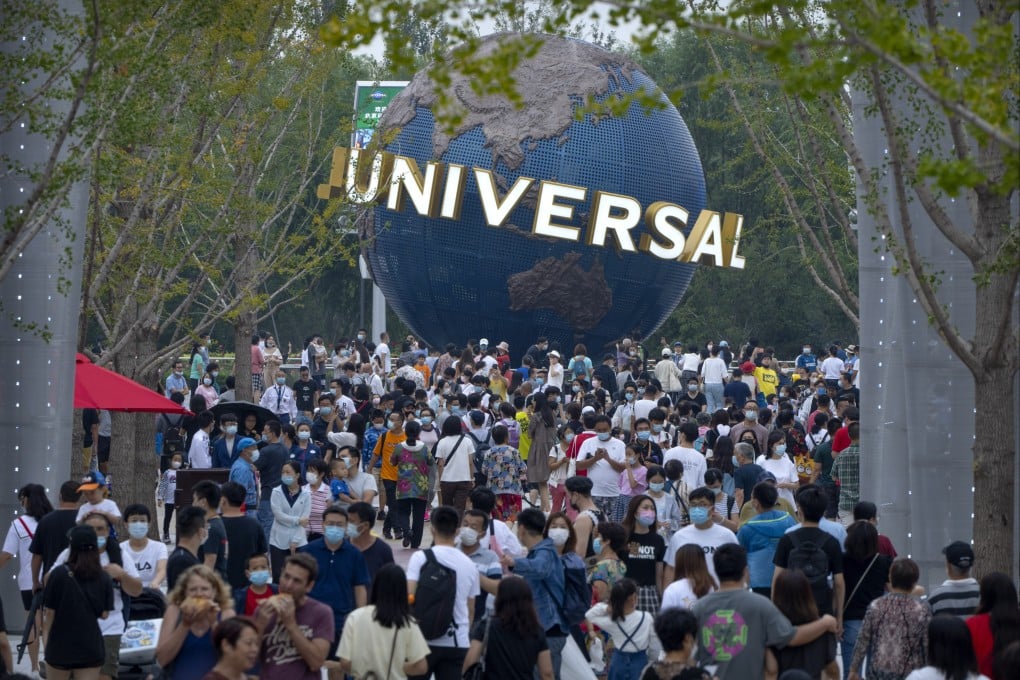China Briefing | George Soros, not BlackRock, is the one making a China blunder
- The billionaire investor claims an increasingly assertive Xi Jinping will close China off, but he misunderstands the political dynamics of the country
- In fact, despite confrontation from the West, China is opening up further to foreign investment and its growing middle-class promises opportunities well into the future

To go short or long on China, that is the question that’s been vexing Wall Street ever since China’s recent spate of intense regulatory actions prompted a sharp sell-off in shares of New York-listed Chinese companies.
George Soros, the billionaire investor known for his liberal views, has upped the ante by making the debate more political and personal. In his latest opinion piece in The Wall Street Journal, headlined “BlackRock’s China Blunder”, Soros described the initiative in China by the world’s largest asset manager as “a tragic mistake” that would cost investors and damage “the national security interests of the US and other democracies”.
Soros argued that investments by BlackRock and other American asset managers were equivalent to propping up a repressive regime as “Today, the US and China are engaged in a life and death conflict between two systems of governance: repressive and democratic”.
Is he right? Should investors listen to him?

His arguments will most likely reinforce the bearish view of some American investors given his legendary career. After all, he has been known for making enormous, risky bets and is famous for shorting the British pound and breaking the Bank of England back in the 1990s.
